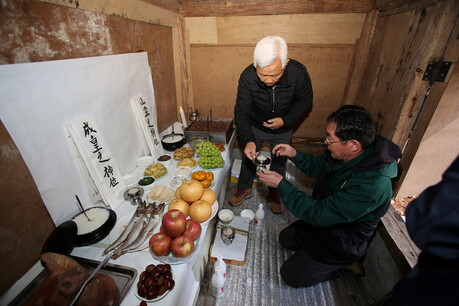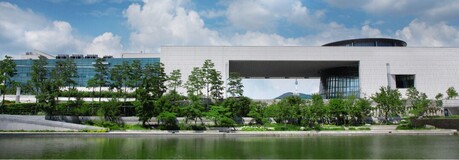Qatar has significantly strengthened its position in the global art world by securing an agreement to host Art Basel Doha beginning February 2026, marking a major milestone in the Gulf nation's cultural diplomacy efforts. This development represents the growing influence of Middle Eastern countries in the high-end art market, which has traditionally been dominated by European and American cultural centers.
The announcement comes as Qatar continues its ambitious cultural expansion following the conclusion of the 2022 FIFA World Cup. The country has reportedly invested over $1 billion annually in acquiring iconic artworks, including Paul Cézanne's "The Card Players" and Paul Gauguin's "Nafea Faa Ipoipo," establishing itself as a major player in the international art market.
According to reports, Qatar's strategy involves leveraging soft power through cultural investments and global partnerships to enhance its international reputation. However, this approach has drawn criticism from various quarters, including ongoing scrutiny over labor rights issues, particularly concerning worker deaths during World Cup infrastructure construction, and connections to a European Parliament corruption scandal that critics have dubbed "Qatargate."
Artist and critic Gregory Sholette has expressed concerns about the potential politicization of art fairs, questioning whether the art world's elite are becoming complicit in reputation laundering activities. Despite these criticisms, Art Basel CEO Noah Horowitz has defended the partnership, praising Qatar's "visionary cultural investments" and dismissing concerns about the country's controversial aspects.
Meanwhile, in London, the National Gallery has announced a groundbreaking public engagement initiative called "NG Citizens," which will establish a representative panel of 50 individuals to advise the museum on future policy and strategic direction. The museum describes this program as "a bold step toward public participation, cementing the gallery as a pioneer in audience inclusion and setting a new standard for how national cultural institutions engage with the people they serve."
The National Gallery plans to select panelists through a lottery system by November 2025, with 20 participants being directly embedded in the gallery's decision-making processes for the next five years. This initiative represents an unprecedented level of public involvement in the governance of a major national cultural institution.
However, the announcement has received mixed reactions. London Standard columnist Melanie McDonagh expressed skepticism about the initiative, writing, "In general, if someone mentions the words Citizens Assembly, just assume the worst. Whatever it is, it will be a buck-passing, backside-covering, partisan and annoying exercise in an institution — usually a government — trying to get through whatever measures it had in mind to begin with, only with the supposed sanction of the public."
In other significant art world developments, billionaire Ronald Perelman's $410 million art damage lawsuit is approaching a final verdict. Summary arguments have been filed in the contentious legal dispute stemming from a devastating 2018 fire at Perelman's East Hampton estate, which caused extensive damage to his valuable art collection.
The Brooklyn Museum, Los Angeles County Museum of Art, and New York's Museum of Modern Art are preparing to share 63 Impressionist, Post-Impressionist, and modern artworks from the prestigious Henry and Rose Pearlman Foundation. This collaboration will provide broader public access to these significant works across multiple major American cultural institutions.
The Tate galleries in the United Kingdom are facing increasing criticism regarding their programming choices, management decisions, and declining visitor attendance. Art publication ArtReview recently published a comprehensive essay titled "Why No One Likes the Tate Anymore," highlighting growing dissatisfaction with the institution's direction.
In an unusual incident from Singapore, the National Gallery Singapore is dealing with theft of vegetables from an contemporary art installation. Artist Suzann Victor's "Still Life (1992/2025)" features 200 real eggplants mounted on a wall as part of the exhibition "Singapore Stories: Pathways And Detours In Art." While the vegetables are designed to decompose naturally and be replaced regularly as part of the artistic concept, several eggplants have been stolen before their intended deterioration.
Gallery officials have installed clear warning signs to discourage tampering with the artwork and increased staff monitoring of the installation. Located on the museum's second floor and extending into a transitional walkway space, the artwork has generated significant visitor interest, with many people photographing and closely examining the piece. However, some online commenters have criticized the museum for allegedly wasting food through the installation.
These developments reflect the complex challenges facing cultural institutions worldwide as they navigate political sensitivities, public engagement, security concerns, and evolving artistic practices in an increasingly interconnected global art market.





























